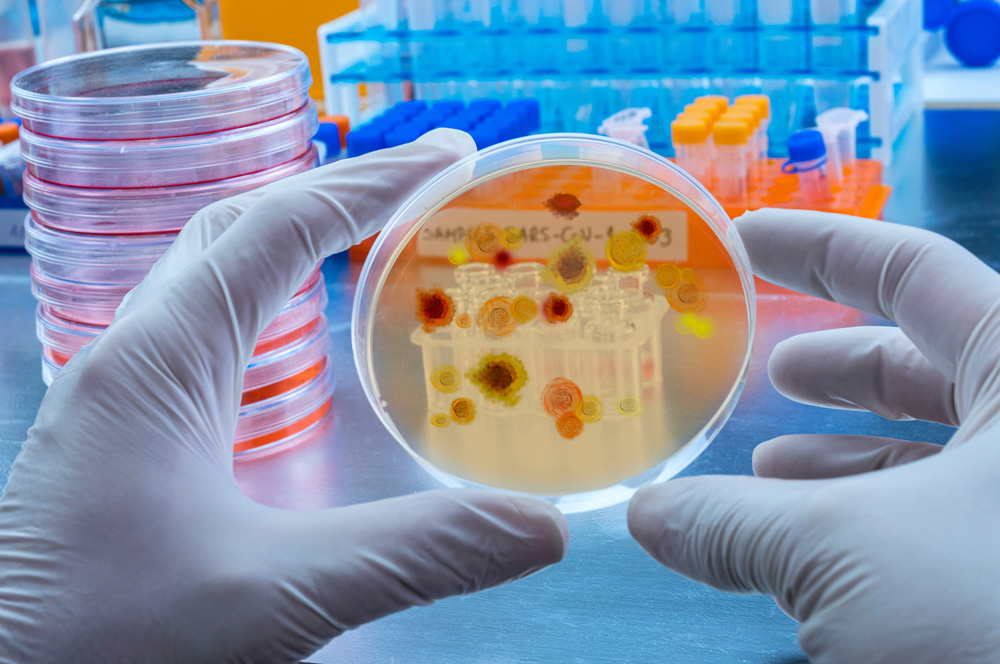
Infectious diseases are illnesses caused by microscopic organisms, such as bacteria, viruses, fungi and parasites. They can be spread to people from other people, animals, contaminated surfaces or insects. Infectious diseases can also be spread if you consume or are exposed to an infectious organism.
Examples of infectious diseases include:
- Bacterial: Bacterial pneumonia, E. coli gastroenteritis, and tetanus
- Fungal: Candidiasis, aspergillosis and histoplasmosis
- Malaria, toxoplasmosis, and giardiasis
- Bone and joint infections
- Central nervous system infections
- Fever of undetermined origin
- Foodborne illness
- Foot infections
- Gram-negative bacterial infections
- Nosocomial infections
- Travel medicine
- Tropical medicine
- Urinary tract infections
Infectious Disease Treatment
Treatment of an infectious disease depends on the cause.
- Bacterial diseases: Most bacterial infections are treated with antibiotics. These medications kill bacterial or stop them from reproducing. Antibiotics may be given orally (pill, capsule or liquid) or by injection, intravenous (IV) line, creams or drops.
- Viral diseases: There are treatments for a few viral infections, such as influenza, hepatitis C, and herpes zoster (shingles), but for most viruses, treatment focuses on relieving the symptoms.
- Fungal diseases: Fungal infections are treated with medications called anti-fungals. They can be topical (creams) to treat infections such as athlete’s foot or vaginal candidiasis, or systemic, meaning they are taken by mouth or through an intravenous line.
- Your doctor may recommend treatment based on the symptoms caused by the disease, such as fever, pain, dehydration or difficulty breathing.
Preventing Infectious Diseases
Infectious diseases are contracted a number of different ways. Preventing infectious diseases focuses on hygiene and making it difficult for the organism to spread.
Prevention methods include:
- Frequent and thorough hand washing after coming in contact with someone who is ill, animals or animal droppings
- Keeping your hands away from your mouth and nose
- Maintain a hygienic, sanitary household with special attention to the kitchen and bathrooms.
- Avoiding people who are coughing or sneezing, and if you must cough or sneeze, doing so in your elbow to limit the spread of any infections
- Being up-to-date on vaccinations, to reduce the risk of viral infections
- Keeping all open wounds clean and covered
- Avoiding insect bites by covering up and using insect repellent
- Drinking or eating food only from trusted sources